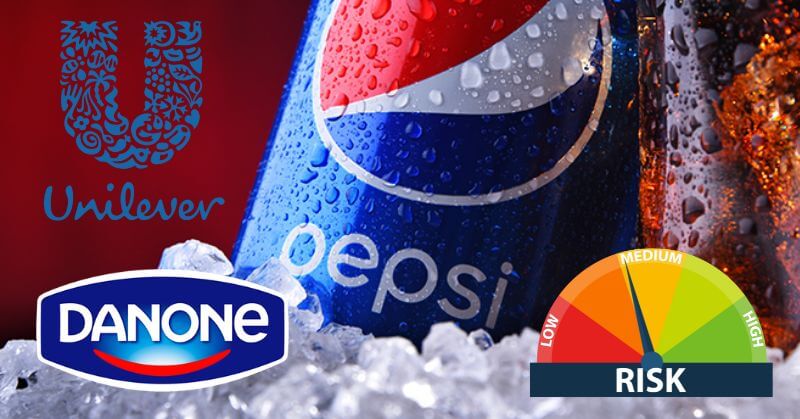A new report reveals that major food companies are selling unhealthy food and products in India. A global public non-profit foundation Access to Nutrition Initiative (ATNI) report shows that many companies in India are selling products in low-income countries which directly made a huge impact on the lower health star rating system. The report further defined low and middle-income countries like Ghana, India, Ethiopia, Kenya, Nigeria, Pakistan, Tanzania, Vietnam, and the Philippines.
Cause Of Concern


A new report claimed that healthy food products are marketed differently in rich countries compared to low-income ones. According to the latest report of the US-based ATNI (Access to Nutrition Initiative). A health rating system used in Australia and New Zealand ranked the foods based on the number of stars, with the star-added foods rated as the most healthy being 5. Food items that possess 3.5 and above are rated healthier foods. When they looked at products targeted at the low-income countries they were able to come up with an average rating of 1.8 stars, a rating that was much lower than products targeting richer nations.
Unilever, PepsiCo, And Danone Selling Unhealthy Food In India
The report discussed 30 large global food firms; some of them are connected with India. For example, a company like PepsiCo, which produces snacks such as Lay’s chips and Tropicana juice has recently launched an improvement plan on the nutrient value of their snacks. However, this improvement plan only targets products marketed in the European Union region. Other big firms also discussed in the report are Hindustan Unilever Company, which sells Kwality Walls and Magnum ice cream, Knorr soups, and cooking mixes. Danone, another firm in the report, provides Protinex supplements and Aptamil baby formula in India.
This is the first time the ATNI index has separately assessed the nutritional profile of food products in LMICs and the rich world to demonstrate that companies provide significantly less nutritious products to the poorer population. The implications of the research point to the fact that there is a necessity for food firms to concentrate on ensuring that they offer similarly healthy foods for all nations including the developing ones.
Danone’s Response To This Via Email
Isabelle Esser, Chief Research & Innovation, Quality and Food Safety officer, Danone, said in an email response,
“We acknowledge that there is always more to do, both at a business and industry level. We are committed to building a health-focused portfolio and improving the nutritional quality of our products …we will continue to invest in science to drive innovation and better understand and meet health and nutritional needs.”
PepsiCo And Hindustan Unilever have yet to reply and remained unanswered till Friday. In India, the national food regulator Food Safety and Standards Authority of India has been escalating the declaration for nutritional information about packaged unhealthy food and products.
Follow Us: Facebook | Instagram | X |
Youtube | Pinterest | Google News |
Entertales is on YouTube; click here to subscribe for the latest videos and updates.

